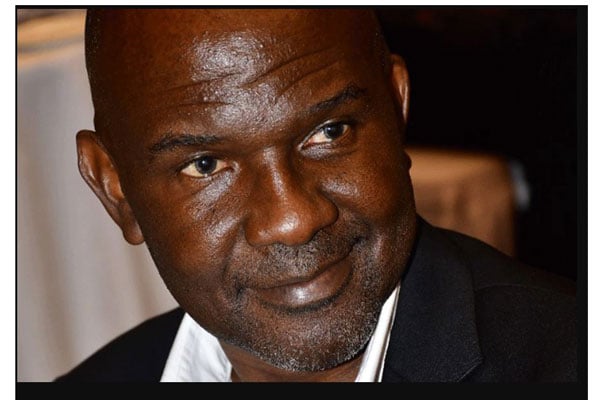What Covid tells us about capitalism

Capitalism as a system of economic activity is built on the pursuit of profit. This in itself is not a problem. It is perfectly legitimate and moral for persons or companies to earn a return on their investment and to benefit from adding value to a good or service they put out.
The problem is how profit is realised and the extent to which individuals and especially big companies engage in actions solely focused on abnormal profit-making and personal accumulation of wealth.
On the balance of things, people running small and medium-size business tend to accrue only modest returns to their investment. They too can engage in underhand methods and immoral manoeuvres for purposes of making money. The bigger problem though lies with the big actors. Big businesses and corporations pursue huge profits. In this, individuals amass fortunes and become richer than whole nations. This would not be an issue if they committed no moral and legal wrongs in the pursuit of riches.
More often, there has to be exploitation of workers, extracting cheap raw materials, evading taxes, despoiling and destroying the environmental, engineering oligopolistic practices, employing shady marketing tactics to hoodwink consumers, etc.
These are among the major ways that corporations and capitalists build large business empires, which drive up gross wealth and income inequalities. Rather than genuine earnings from business and investment, a core characteristic of capitalist economic activity tends to be sheer greed.
To build a shield against public scrutiny and eschew accountability for evading taxes, destroying the environment or cheating consumers, capitalists have long fought hard to emasculate government. This became especially critical in the age of universal suffrage where majority poor peasants and underpaid workers exercise their voting rights in ways that can be consequential in terms of public policy.
Instead, capitalists and their ideological partners in academia and the media want what they call ‘limited government,’ meaning restricting public authority to providing security (primarily protecting life and property for the rich) and assuring an environment for the flouring of exploitation and profit making.
They consider anything that entails governmental action to reign in the excesses and avarice of economic actors as interfering with the market, which ostensibly is the better-suited arbiter of any economic activity.
They construe having public/government owned businesses in which the wider public has stake as sacrilegious because, apparently, government has no business doing business. Every business and property has to be strictly privatised. Collective ownership and public enterprises are seen as characteristics of communism, which is allegedly an evil and retrogressive system.
In Uganda, the loudest voice of this ‘free-market’ posture, which underpins today’s capitalist system, is Mr Andrew Mwenda, erstwhile journalist cum businessman and power broker. What Mr Mwenda and members of the free-market guild conveniently hide from frank discussions is the fact that the biggest saviour of modern capitalism is not the fictitious ‘free market’ or the genius businessman/woman. Rather, it is the government and state.
The current global pandemic has yet again underlined the follies of the kind of capitalism that people in the mould of Mwenda are enamoured by. To be sure, capitalism is not the same everywhere. It is different in Germany than it is in Britain. The American variety, the crass type, is fundamentally different from the system in Scandinavia. We see this in the way these different systems of capitalism have handled the spread of the virus differently.
There is one constant though. Once the pandemic arrived with a huge bang, guess to whom all businesses that were hit hard and counting losses had to run to? The state.
Knowing no borders and respecting no nationality, Covid-19 has shaken to the core some of the most powerful corporations particularly in the air travel industry. Others such as online shopping giants like Amazon and the tech industry have ripped large from the current crisis. However, they too will run to government the day they hit hard times and their fortunes get wiped out by some unexpected shock.
It is important to note that government bailouts, tax credits and other forms of state largesse that go to large businesses are far bigger than whatever welfare benefits, entitlements and safe nets given to the rest of society through government spending programmes.
What is more, the consistent historical story of the capitalist system, of the variety that Mwenda and others obsess about, is one of privatising profits and socialising losses. That is, huge profits go exclusively to capitalists in good times when businesses are flourishing and exploitation is unfettered with only a bit of meagre tax liabilities.
Mr Khisa is assistant professor at North Carolina State University (USA).
[email protected]




